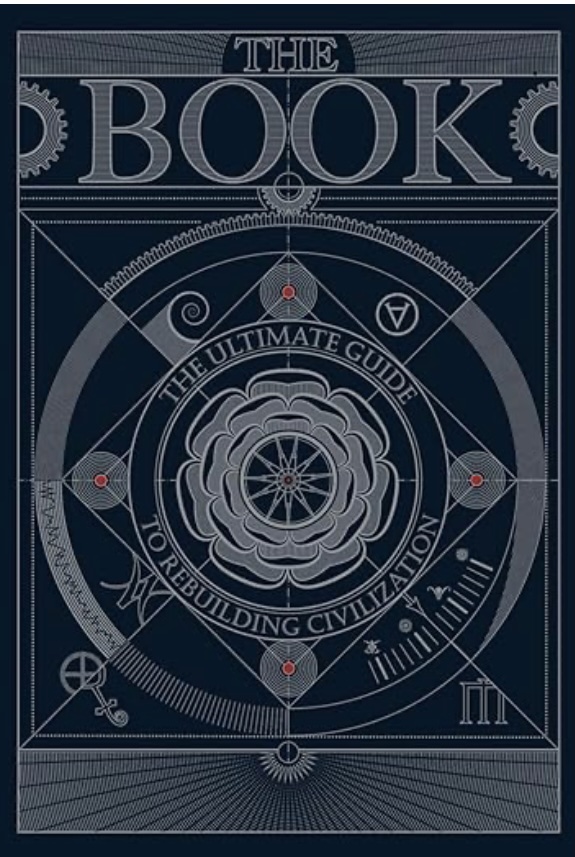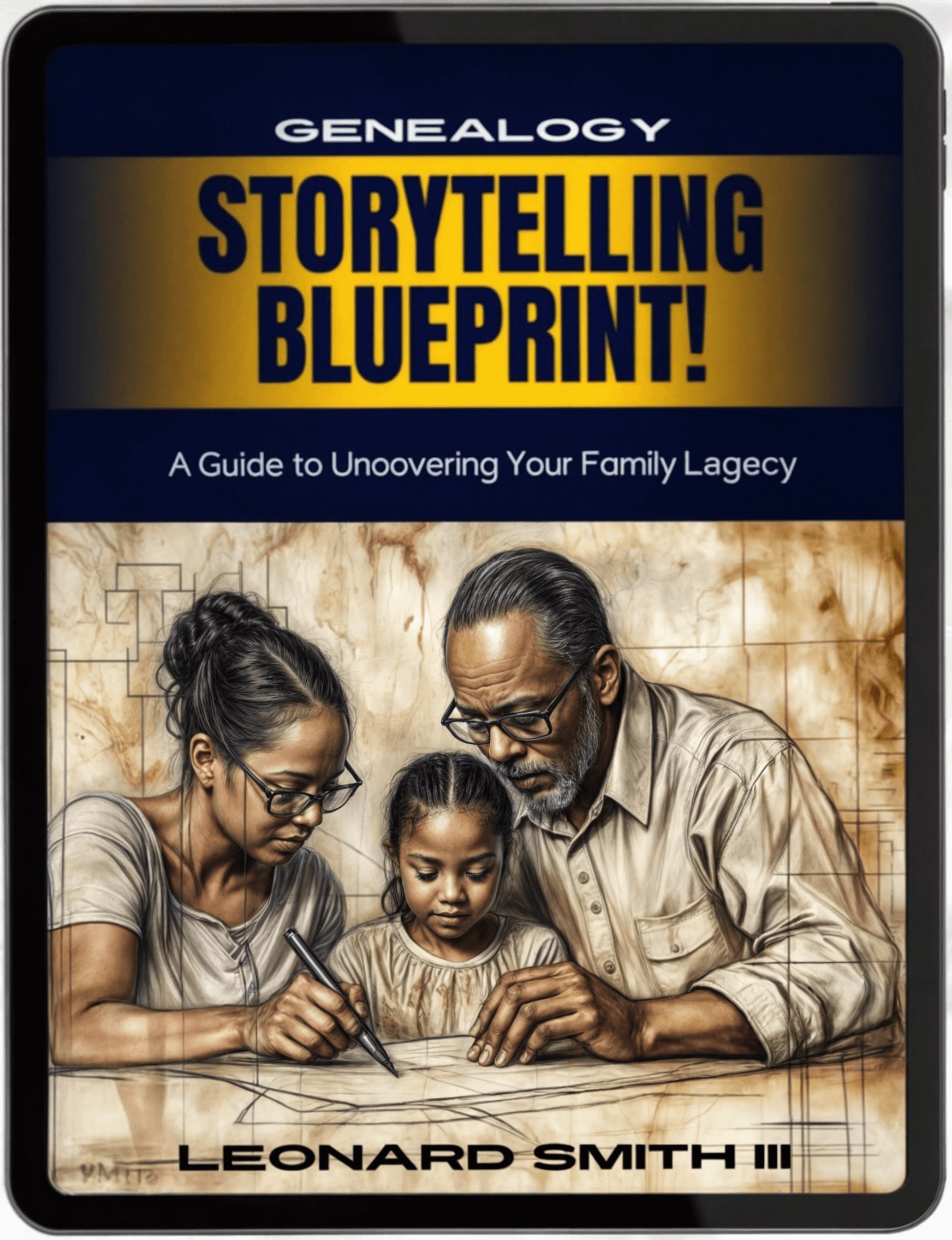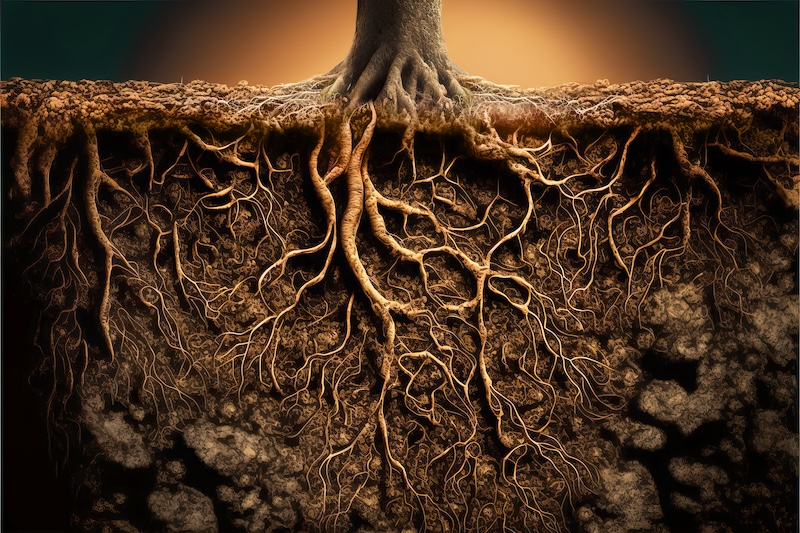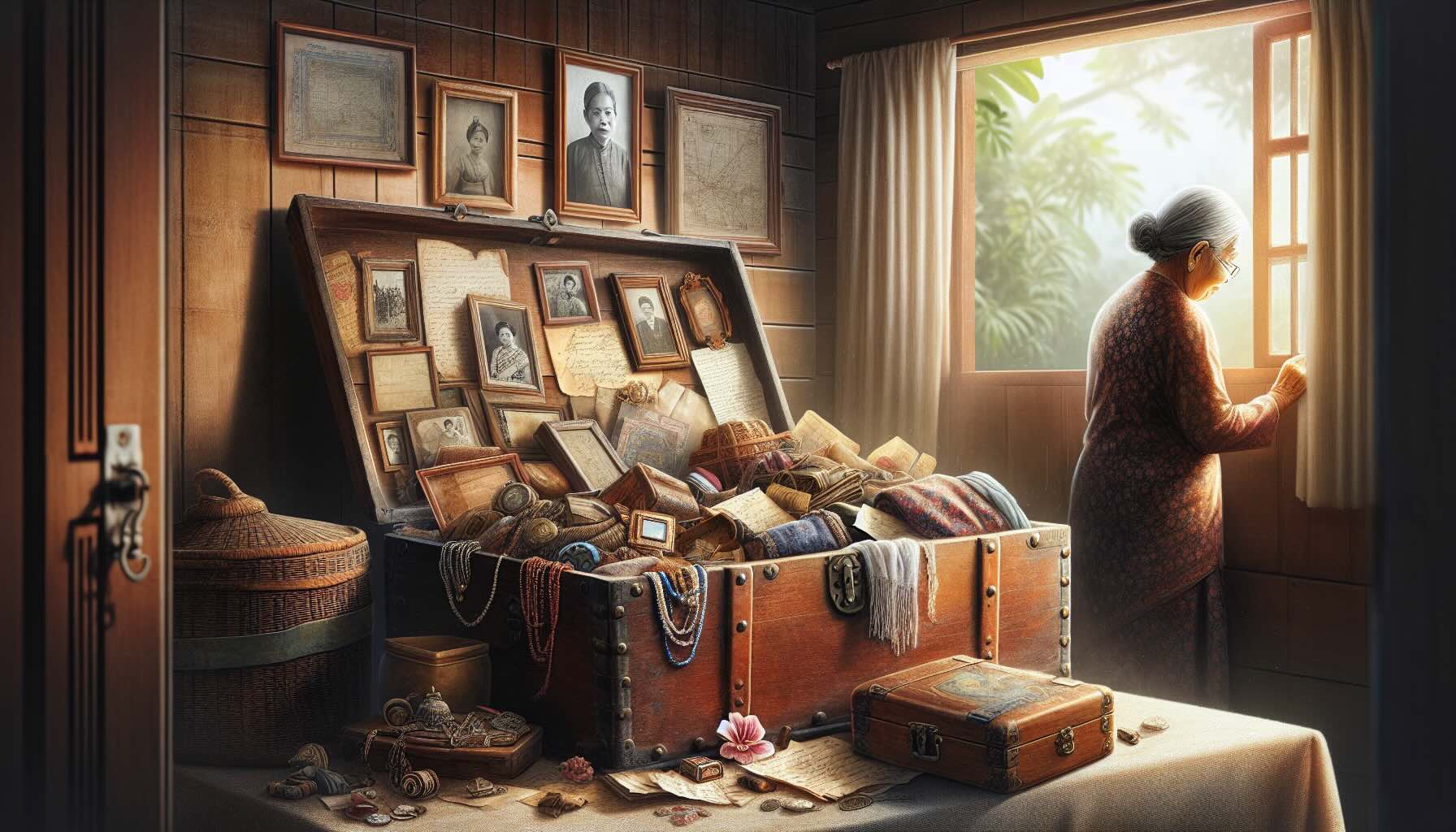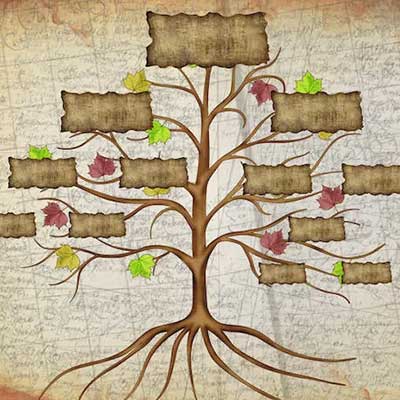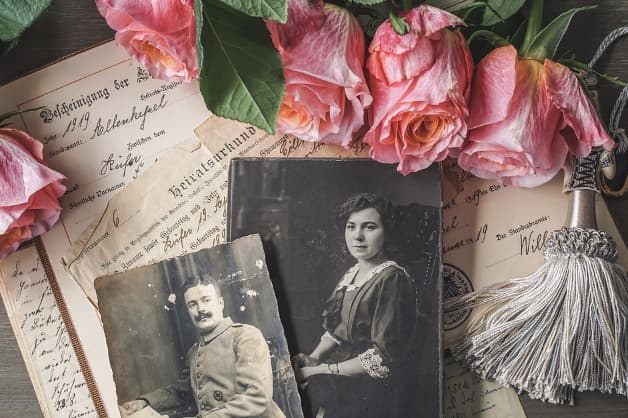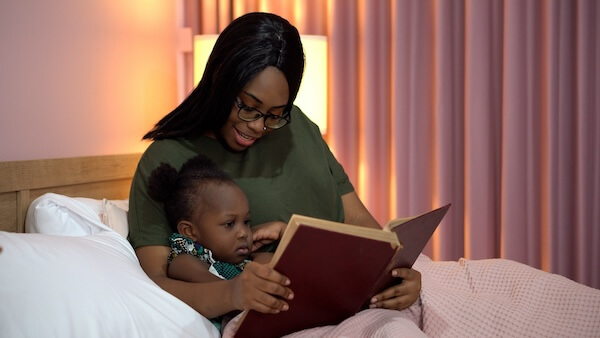- Home
- Oral History Interviews
Oral History Interviews
Transcribing oral history interviews can be time-consuming, but the benefits are worth it. Learn how this practice can enrich your work as a researcher or storyteller.
Oral history interviews have been essential to our collective human experience for centuries. They embody the essence of the oral tradition, an invaluable means of passing down knowledge, experiences, and wisdom from generation to generation. Today, with the advent of digital recording technology, these oral interviews and oral history interviews are easier to preserve and share than ever before. But what happens when these oral histories are transcribed? This post explores the manifold benefits of transcribing oral histories for researchers, storytellers, and archivists.
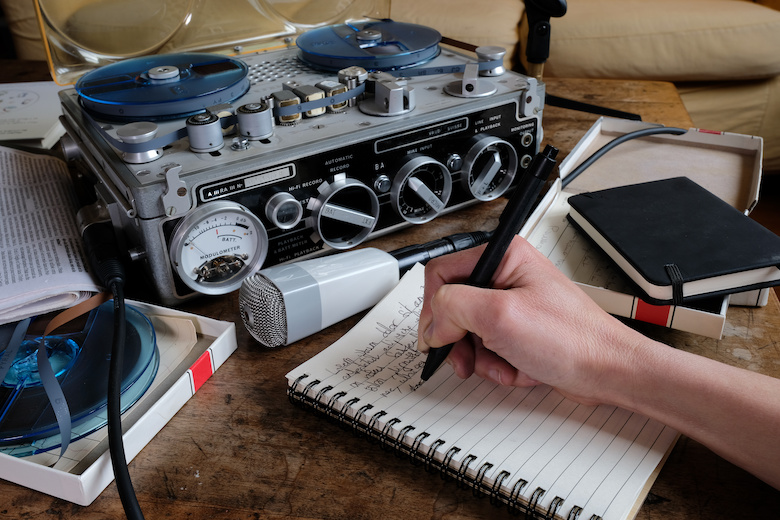
Oral History Interviews: The Power of Spoken Word
Oral histories provide a unique perspective on the past, giving voice to those who may not have been heard otherwise. They are primary sources of information that can enrich our understanding of historical events and societal changes. Moreover, these histories are often collected as part of an oral history project, usually undertaken by institutions like the Oral History Association or the Library Of Congress. These organizations, among others, maintain an extensive oral history collection, offering a rich repository of information for researchers and storytellers alike.
The Art and Science of Transcription
Transcription is the process of converting spoken language into written text. It’s not just a mechanical process; it requires a deep understanding of language, context, and nuance. It’s the job of skilled audio transcription professionals and archivists with experience to ensure that the essence of the original oral source is captured accurately.
In the realm of oral histories, the transcription process is crucial. It converts the audio recording of oral history interviews into a format that can be easily searched, indexed, referenced, and shared. This is particularly advantageous for researchers who need to analyze large amounts of data or for storytellers who wish to weave these histories into engaging narratives.
Benefits of Transcribing Oral Histories
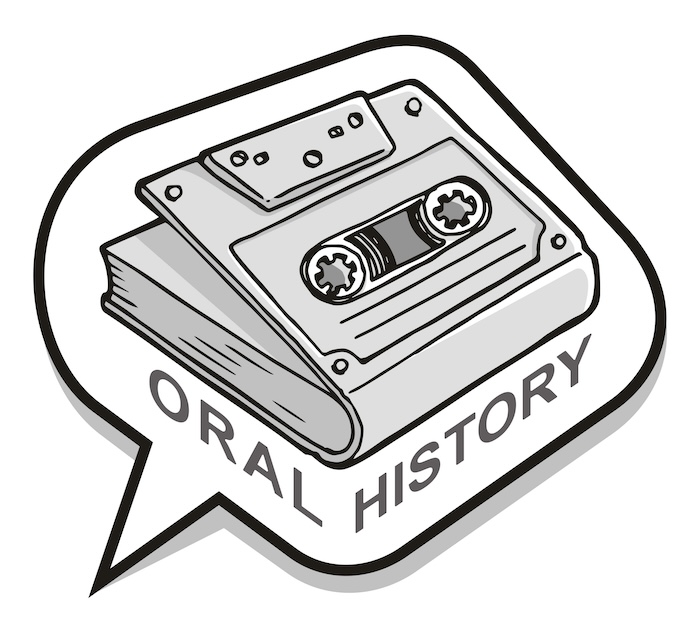
Enhanced Accessibility and Usability: Transcribing oral history recordings makes them more accessible. Written records are easier to read, reference, and understand than audio files, especially for those who are hard of hearing. Moreover, written transcripts can be translated into multiple languages, broadening the reach of these histories.
Improved Research Efficiency: For researchers, transcribed oral histories make finding specific information more accessible. Digital recordings can be cumbersome to navigate; one must listen to the entire recording or scan through it to find relevant sections. Transcripts, on the other hand, can be quickly scanned, searched, and indexed.
Preservation of Histories: Transcription also aids in preserving these histories. At the same time, oral sources and digital recordings can degrade or become obsolete as technology changes and written transcripts can be preserved indefinitely.
Creation of Engaging Narratives: For storytellers, transcripts provide a concrete framework to build narratives. They can weave stories directly from the interviewee’s words, creating a more authentic and engaging story.
The Practice of Transcribing Oral Histories
The practice of transcribing oral histories bridges the oral tradition of the past and the digital age of the present. The valuable work of audio transcription professionals and archivists with experience ensures these histories are accessible, usable, and preserved for future generations. Whether you are a researcher seeking primary sources, a storyteller wanting to create engaging narratives, or an enthusiast looking to explore the vast oral history collection at the Library Of Congress, transcribed oral histories offer invaluable benefits.
The transcription process might seem mundane, but its impact is profound. It keeps the voices of the past alive and relevant, echoing in the annals of our collective human history. As we move forward, the importance of preserving and making these histories accessible cannot be overstated. After all, in every oral history interview lies a piece of our shared human story waiting to be heard, read, and remembered.
Beyond Audio: The Value of Original and Video Recordings
While this post has primarily focused on the benefits of transcribing audio recordings of oral history interviews, it’s also essential to recognize the value of the original recording and video recording. These formats provide:
- Additional layers of context.
- Capturing non-verbal cues such as facial expressions.
- Body language.
- The tone of voice that written transcripts might not fully convey.
Video recordings, in particular, offer a more immersive experience, visually transporting the viewer to the time and place of the interview. They give a sense of the interviewee’s personality, demeanor, and emotions, adding a deeper dimension to the oral histories.
Unpacking the Entire Interview
One significant advantage of having the entire interview transcribed is the ability to unpack every conversation detail. A verbatim transcript includes all utterances, pauses, laughter, emotions, and other non-verbal cues that can provide a more holistic understanding of the interview.
These details might seem insignificant but can offer valuable insights into the interviewee’s mindset, perspective, and emotional state during the interview. This level of detail benefits researchers conducting qualitative studies or storytellers aiming to create a more realistic portrayal of the interviewee.
The Enduring Impact of Transcribed Oral Histories
As technology evolves, the methods we use to record, preserve, and access oral histories will also change. But the importance of transcription in making these histories accessible, useful, and enduring remains constant.
From the original recording of an oral history interview to the final transcribed document, each process step contributes to preserving our collective human story. The entire interview — every word, pause, and emotion — becomes a part of the historical record, a primary source for researchers, and a springboard for storytellers.
Transcription ensures that these stories are preserved and makes them readily available for anyone who wishes to listen, learn, and understand. Whether it’s a researcher examining primary sources, a storyteller weaving narratives from oral histories, or simply a curious individual exploring the vast oral history collection at the Library Of Congress, the value and impact of transcribed oral histories are immeasurable.
